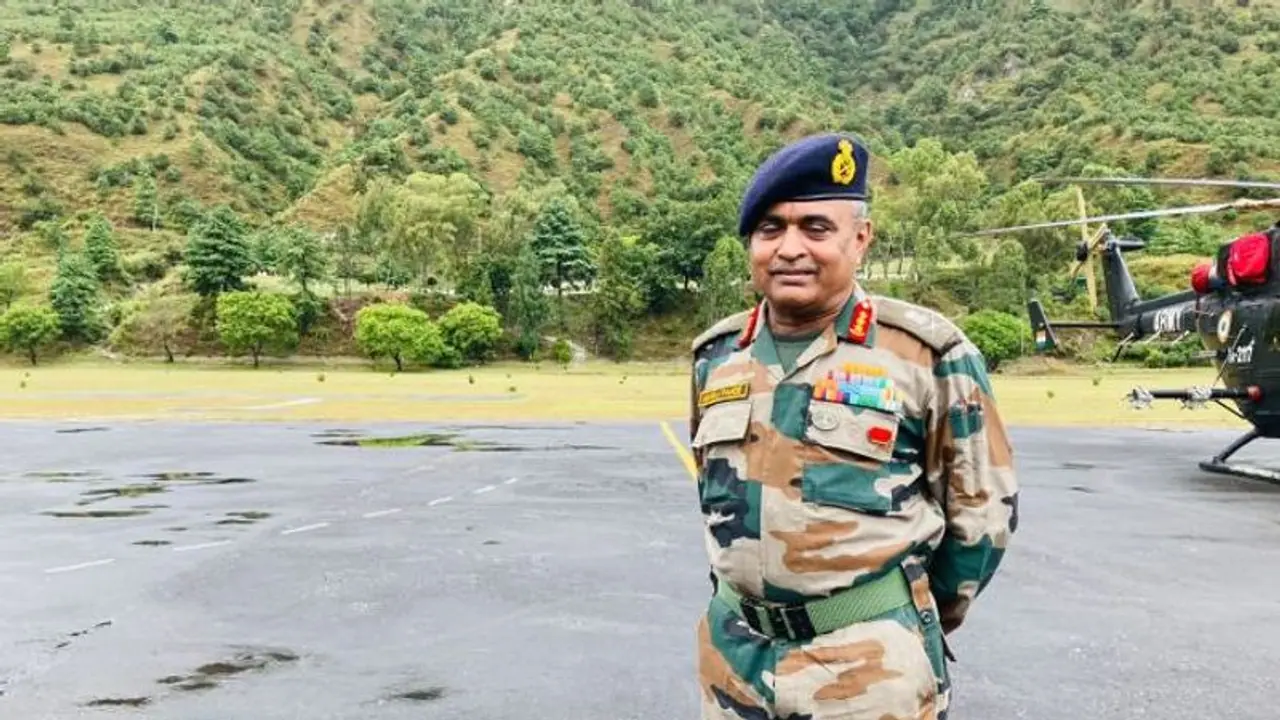Grey zone warfare is an important component of future wars, Indian Army Vice Chief Lt Gen Manoj Pande said.
Stating that legacy challenges of unsettled and disputed borders have become more complex in the face of changing character of future wars, Indian Army Vice Chief Lt Gen Manoj Pande on Friday said that to succeed in war, the force needs to be pro-active in building a credible deterrence to defeat the adversary's efforts to achieve it is strategic goals and deterring military escalation.

Speaking at the 'Pragyan Conclave' organised by Delhi-based think tank CLAWS, Lt Gen Pande said that the uncertainty in future wars is primarily due to the revolution in information affairs, characterised by digitisation which has compressed the time dimension, resulting in technological advances at break-neck speed.
He also stated that grey zone warfare is an important component of future wars. The new tools of aggression, riding on disruptive technologies and hostile actions that exploit the ambiguous grey zone of traditional war and peace, have transformed the battle-space.
'The linkages between nation-states in a technology-driven flat world will ensure that the strategic contest is limited, at least initially, to non-contact and non-kinetic measures. What was earlier ‘Cold War’, can at best be now defined as ‘Cold Peace’,' he added.
Talking about the grey zone campaigns, he said that they are typically built around non-military tools.
"They employ diplomatic, informational, cyber, historical half-truths, proxy forces, terrorists, economic leverages and other tools & techniques, to avoid the impression of a military aggression," the vice chief added.
Highlighting the nature of future war, he said it will be a complex interaction of political objectives, human emotions, cultural and ethnic factors, and above all military skills, in an ever-blurring line between war and peace.
He also called for empowering the strategic and operational military leadership in order to deal with uncertain security challenges.
"The new generation warfare can be won by leaders who are creative, adaptive to technology and have developed decision-making skills with profound professional knowledge," he mentioned.
He also called for the need to enhance inter-agency cohesion and set aside the classic war and peace disposition.
"In fact, the critical need for all organs of the state, to work in unison towards the national objective, has been the core takeaway of the past year."
Also Read: Spooked by Indian Army Chief's straight-shooting on LoC ceasefire, Pakistan responds
Also Read: New details on Galwan Valley clash of 2020 exposes extent of Chinese coverup
